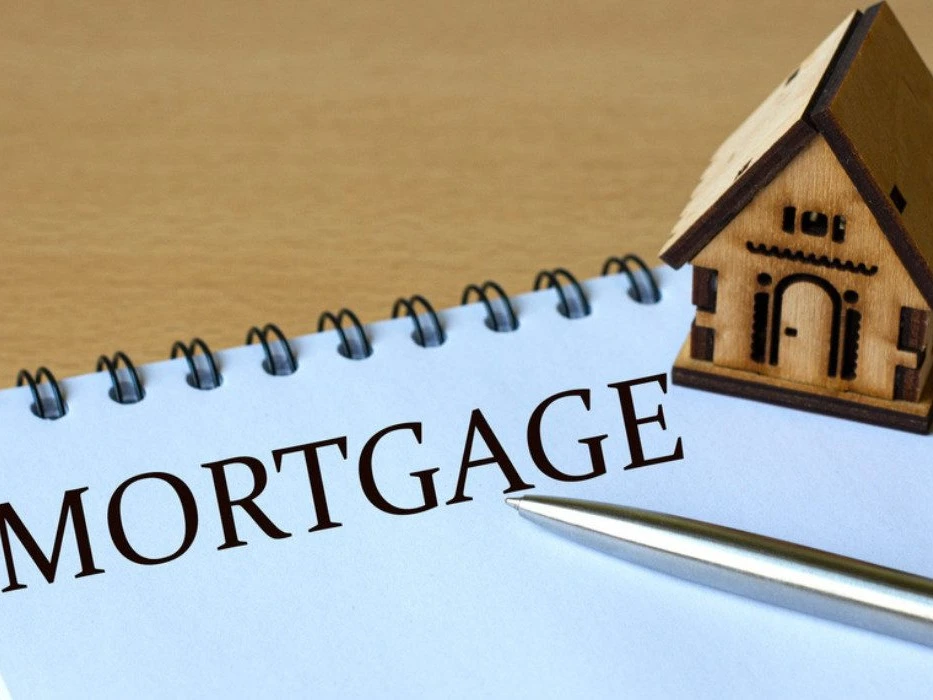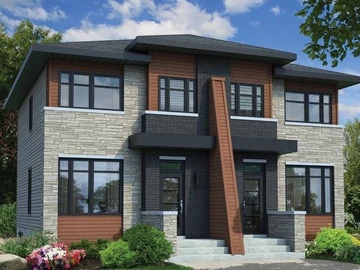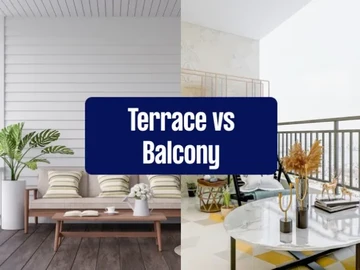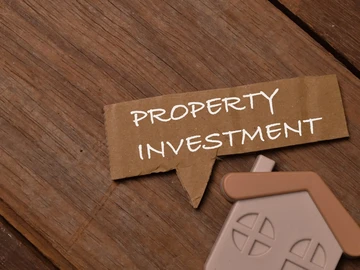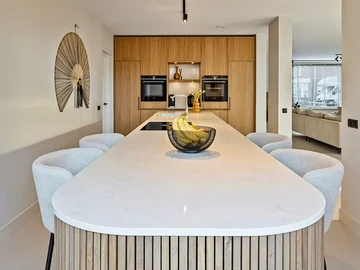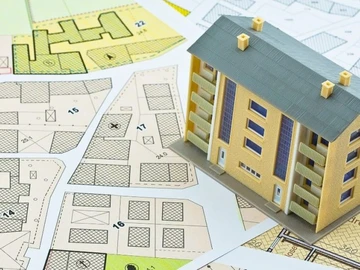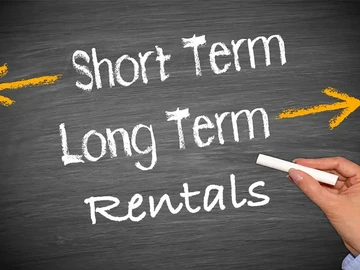Your Complete Guide to Making Homeownership Affordable and Real
Buying a home in Zimbabwe is a dream for many, but financing it can be a challenge. With property prices fluctuating and economic factors influencing lending, understanding your options is key to making the right financial decisions.
According to recent Property.co.zw data, only 18% of homebuyers in Zimbabwe use formal mortgage financing, while the majority rely on savings, family support, or alternative payment plans.
Whether you’re a first-time buyer, diaspora investor, or upgrading your home, here’s everything you need to know about financing property in Zimbabwe.
1. Mortgage Financing in Zimbabwe
What is a Mortgage?
A mortgage is a loan secured against your property, typically offered by banks or building societies.
Key Zimbabwean Mortgage Providers
- CBZ Bank
- FBC Bank
- Steward Bank
- ZB Bank
- ZB Building Society
Mortgage Features to Know
- Loan amounts usually range between 50% to 80% of the property value, depending on your creditworthiness and deposit.
- Interest rates vary, typically between 10% to 22% APR (subject to market conditions).
- Loan terms range from 5 to 20 years, with monthly repayments.
Data shows mortgage uptake is higher in suburbs like Borrowdale, Mt Pleasant, and Avenues, where property values are higher and buyers have better access to bank financing.
2. Alternative Payment Plans
Not everyone qualifies or wants a bank mortgage. Developers and agents often offer payment plans such as:
- Installment Plans: Pay a fixed deposit and monthly installments over 1–3 years.
- Rent-to-Own: Rent the property with an option to buy later, with rental payments credited toward purchase price.
- Vendor Financing: The seller finances the purchase, allowing flexible repayment directly to them.
Tip: Always get payment plans in writing and verify terms with a lawyer.
3. Saving for a Home Deposit
How Much Should You Save?
Most lenders require a minimum deposit of 20% of the purchase price. For example, for a US$50,000 home, you’d need at least US$10,000 upfront.
Tips to Save Faster
- Open a dedicated savings account with a bank or building society.
- Set aside a fixed percentage of your monthly income.
- Reduce non-essential expenses and avoid new debt.
- Explore employer housing schemes or diaspora support programs.
4. Diaspora Financing Options
Many Zimbabweans abroad face challenges sending money or accessing mortgages locally. Some options include:
- Diaspora Bonds: Offered by some banks to pool funds for homebuyers abroad.
- Using family or trusted agents: To facilitate payments or manage property on your behalf.
- Foreign currency accounts: For easier cross-border transactions.
5. Common Challenges and How to Overcome Them
- High-Interest Rates: Shop around and negotiate terms; improve your credit score for better rates.
- Incomplete Documentation: Prepare all required documents upfront (title deeds, payslips, bank statements).
- Currency Fluctuations: Lock in mortgage payments in USD or a stable currency where possible.
- Low Loan-to-Value Ratio: Save for a larger deposit or consider adding a co-borrower to qualify.
6. Tips for Getting Approved
- Maintain a clean credit record with no outstanding debts.
- Have a stable source of income or business cash flow proof.
- Present a comprehensive affordability assessment.
- Work with a registered estate agent and conveyancer to ensure property is bankable.
7. Where to Learn More
Explore verified property listings and get insights on prices at Property.co.zw. Contact recommended mortgage providers or financial advisors for tailored solutions.
Final Thoughts
Financing a home in Zimbabwe may seem complicated, but with the right knowledge and preparation, you can secure affordable and flexible funding. Whether through a bank mortgage, payment plan, or diaspora option, your dream home is within reach.
Start by assessing your finances, exploring available options, and consulting with professionals then make informed steps toward owning your property.
 Continue with Facebook
Continue with Facebook
 Continue with Email
Continue with Email

